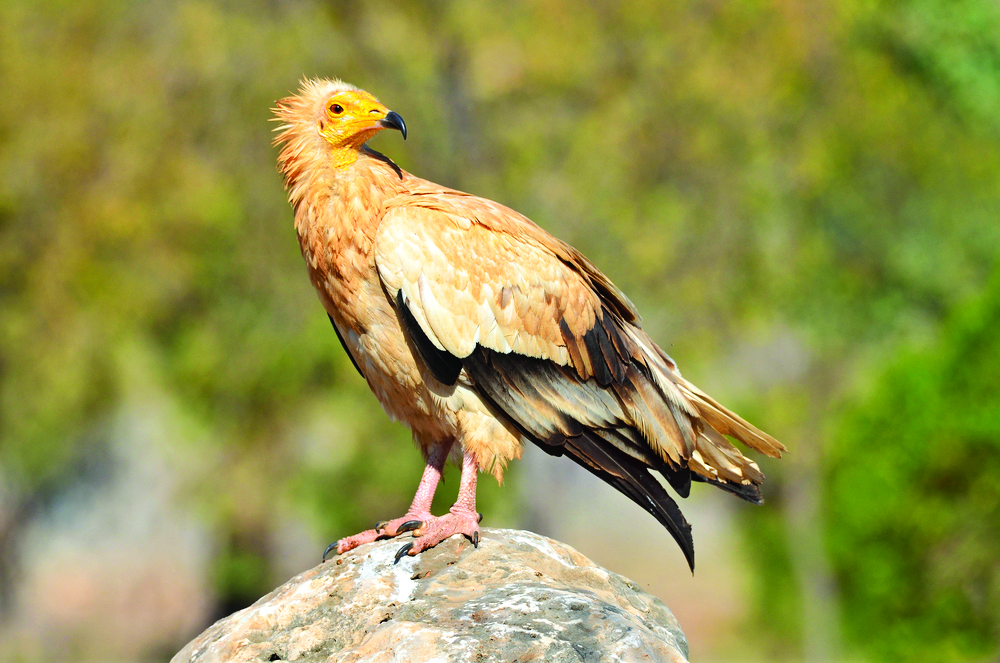
I haven’t been to too many countries so far, but the two countries I’ve lived in has been extremes in so many ways. One country, India, homes a population of 1.3 billion and the other, Oman, has a humble 4 million people living in it. The availability of natural resources and its usage is also vastly different in both these countries and hence people’s approach towards them and their needs are equally varied too. Global temperatures have gone up since 1880, Arctic ice is decreasing, and sea levels are rising. These facts raise serious concerns. The Environment Society of Oman (ESO) is educating and generating awareness on environmental issues.
Born in Oman, I was used to a peaceful lifestyle where overcrowding and traffic jams is something I only experienced occasionally. So naturally, when I went to Mumbai, it took me a while to adapt to the perpetually crowded, noisy, unorganised chaos that I eventually ended up falling in love with.
**media[751560]**
However, it was after the conversation I had with Yusra Jaffer from the Environment Society of Oman (ESO) that I went back home and started thinking about all the places I’ve been in the past and tried to understand how I have harmed the environment. Yusra said that we need to treat the environment as our home. “We need to look at our environment as our home and the different species as members of our family,” she added.
Something so simple that can easily be followed and be the solution of many environment-related problems.
Just think about – we don’t litter our homes, we try to keep it clean at all times, we don’t waste electricity or any other resources because we know we will have to pay a price for and we don’t go around causing any harm on purpose to our family members instead try to keep them safe. If all this were applied out of our homes wouldn’t the world be a better place to live in?
That is the same approach that the ESO has adopted since its inception in 2004. Prior to this there wasn’t much discussion about the environment issues in Oman. The ESO being an NGO acted as a bridge between the government and other independent private sector bodies who wanted to include the environment in their CSR initiatives. The main aim of the ESO is to educate the public and raise awareness and find ways in which people can actively be involved in its conservation.
**media[751561]**
In the last 13 years, the ESO has been quite successful in spreading the culture of conservation among the people in Oman and have made sure that people remain actively involved in a number of activities and projects undertaken by them. And when people volunteer with no vested interests with the sole objective of protecting mother earth, that’s when you know that they have started treating the planet as their home.
Some of the important projects of the ESO that have helped achieve this include:
Egyptian Vultures
Apparently Egyptian Vultures thrive in Oman. And the ESO found this out after months of intense research and studies. About 65 to 80 territorial pairs were found apart from 350 other individual Egyptian vultures in Masirah island after which the ESO started an intense programme to study the species in a broader geographical context. Conditions suitable for them to feed and breed were made by the efforts of the ESO as Oman was recognised as an important habitat for this bird species.
Whale and Dolphin Project
Oman’s rich and mysterious underwater world is home to a large number of marine species. A number of issues were raised by the ESO in terms of the protection of marine life including having set guidelines for dolphin and whale watching, protections of the endangered Arabian humpback whales, and overall improvement in the conservation of cetaceans in Oman. The ESO have been able to tag 6 humpback whales to help study the whales better.
Turtle Conservation
Oman is one of the most ideal locations for turtles as 5 of the 7 species of turtles are found in Oman. An initial review in 2013 revealed that there was a decline in loggerhead turtles nesting on Masirah island. The team found a number of problems ranging from coastal development, beach driving, and entanglement in fishing nets. Since entanglement in fishing nets was seen as one of the biggest concerns, a number of initiatives to raise awareness and caution fishermen were also undertaken.The ESO has The ESO has a special team that specialises in turtle research and conservation and have been actively involved in spreading awareness about the importance of marine turtles.